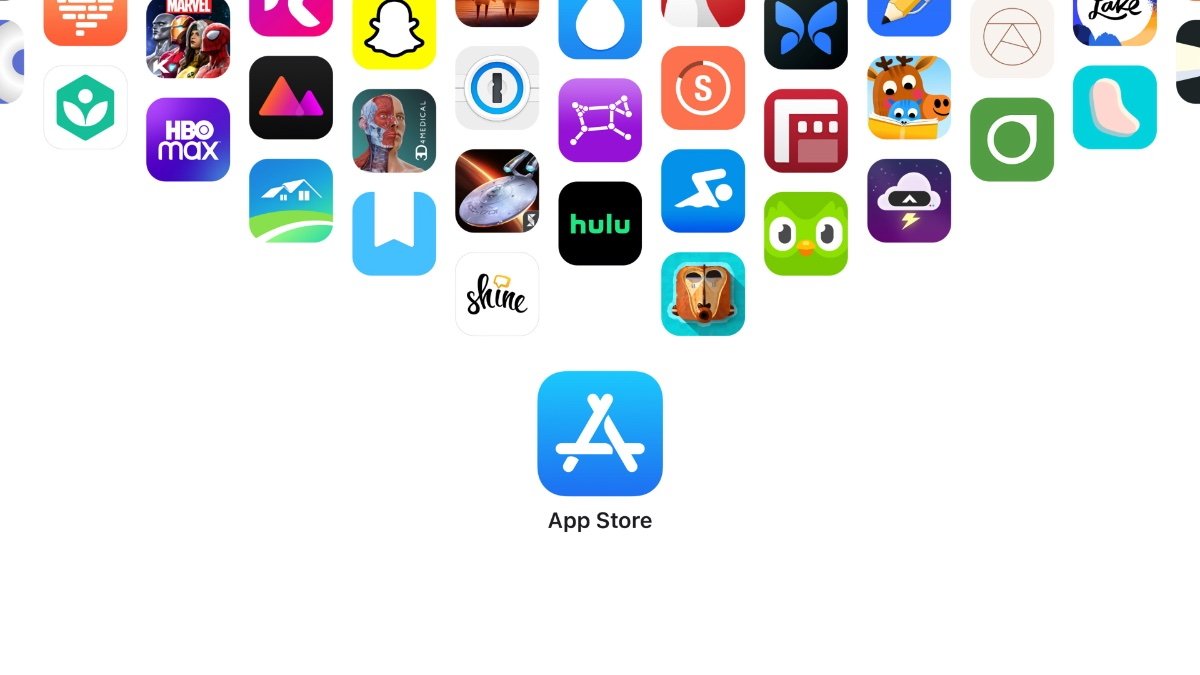Apple's App Store has already been rejecting apps that collect user data to circumvent privacy measures, but soon developers will be required to justify their use of certain features.
With its iOS 14 introduction of App Tracking Transparency, Apple improved privacy for all users, and made life harder for advertisers. Some marketing companies switched instead to more complex ways of identifying and tracking users through the use of device fingerprinting.
In a new update to Apple's developer documentation, though, the company says it is going further. Where a developer wants to use an Apple API that could potentially contribute to fingerprinting, they will have to justify using it.
"From Fall 2023 you'll receive an email from Apple if you upload an app to App Store Connect that uses required reason API without describing the reason in its privacy manifest file," says Apple. "From Spring 2024, apps that don't describe their use of required reason API in their privacy manifest file won't be accepted by App Store Connect."
Apple uses the term "required reason API" to distinguish APIs that developers have to justify using, but it also notes that it can change the list as needed.
At present, there are around 30 required reason APIs, and they are applicable across all of Apple's platforms. They cover issues to do with accessing the keyboard, in calculating free disk space left, and how long the user's device has been running.
While there are exceptions within even these APIs, Apple's documentation repeatedly says that "Information accessed for this reason, or any derived information, may not be sent off-device."
 William Gallagher
William Gallagher








 Christine McKee
Christine McKee
 Marko Zivkovic
Marko Zivkovic
 Mike Wuerthele
Mike Wuerthele

 Amber Neely
Amber Neely
 Sponsored Content
Sponsored Content
 Wesley Hilliard
Wesley Hilliard










8 Comments
The linked documentation describes super awful API calls to creation date and modification date of a file. Also getting free space is now a sin. All calls are harmless.
I'm a developer too, and I understand the frustration. But turn your ire on those who feel the need to use their technical ability for scams rather than creating technology which is actually useful to people (and thus worth more than just advertising revenue).
It's really a sad day when the predominant business model for app developers is: create a free app which will capture people's attention and then milk them for all the data they're worth while using it. And of course, being scammers who don't understand the meaning of the word "ethics" and feel it's their right to do whatever they please to others for profit, as soon as Apple tries to limit what data they can get, they start doing "clever" things like this (using uptime, free space, etc. to create a unique fingerprint).
For myself, I'll be happy to explain to Apple why I use certain APIs if it means less scammers and more genuinely useful apps in the world. Good riddance to a business model which is moving humanity backwards, not forwards.
Good. Hope it works